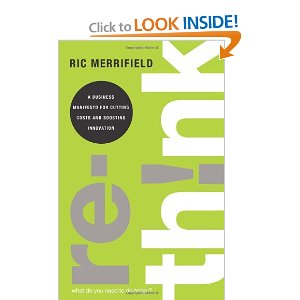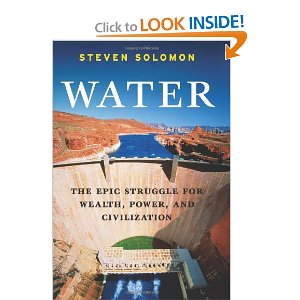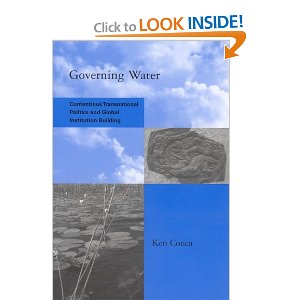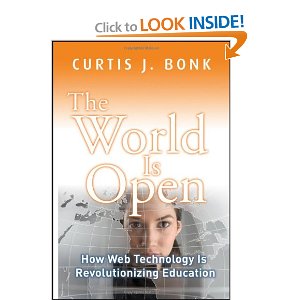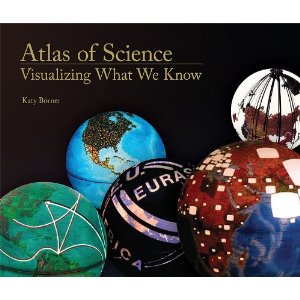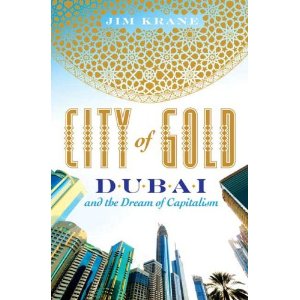
![]() Beyond 5 Stars and Merits a Sequel
Beyond 5 Stars and Merits a Sequel
October 1, 2010
Jim Krane
TThe author and I reconnected on LinkedIn and he had the publisher send me a copy of this book. I would not normally have bought it for myself, thinking it a “tourism” or “travel” kind of book, and I would have been very very wrong. The sub-title, “and the Dream of Capitalism,” might better read “Case Study in Emirate Capitalism at Its Best.”
This book starts very early in the history of Dubai, back when it was such a hole that no one even knew it was there or wanted to go anywhere within thousands of miles of it. The early part of the book persuaded me that the author has done some deep, serious, utterly professional and thorough homework, and the books reads easily, with gifted turns of phrase that educate and often inspire.
Putting the book down just now (and recommending the paperback that comes with a second epilogue for 2010) I reminded myself to recommend this book as a case study for both business and public administration graduate courses, as well as recommended reading for undergraduates. I certainly believe the author himself should be invited–and very well paid–to interact with the most serious and gifted of business and public administration adult students, both on and off the record. This book is a GOLD MINE of insights into what worked in an environment where, as the author describes so beautifully, the leadership knew that lawyers are generally worthless and bureaucracies are pathetic things to be dismissed. For that section alone this book goes into the Beyond 5 Stars (6 Stars and Above) and will be so rated at Phi Beta Iota the Public Intelligence Blog.
This book will be cataloged there in Capitalism, not just regional or country, in Leadership, and in a number of other categories as well. I have not, in as long as I can recall, had the pleasure of reading a book about a people, a place, a leadership, and a time that is as detailed, as harmonized in the telling, as instructive, and as enjoyable as this one.
The level of detail is EXTRAORDINARY and yet not burdensome. The detail is present as the filigree to the main wall, the story told in well-planned segments. The detail gives life to this book. This book is both educational and inspiring.
I am NOT “down on Dubai” and I don't think the author is either. In 58 years of travel and 48 years of reading–the last thirty focused on non-fiction, I have not seen any book do a better job of capturing the essence, in detail, of a culture, a place, and a living time.
The book ends with very serious challenges to Dubai being presented in a professional, responsible manner. The leaders of Dubai are clearly extraordinary people with extraordinary sensibilities, and I suspect they will rise to these challenges, not the least of which are spoiled citizens receiving $55,000 a year, and an energy and carbon footprint that could alone take down the Earth if proliferated. But even here, one sees the beauty of Emirate Capitalism as I choose to call it: every building now has to meet the LEEDS standard, and other measures are being put into place. Having said that, one must also recognize that Emirate Capitalism can be brutal to some, a form of robber=baronism, and that now that the world is in an economic decline, Dubai's leaders are going to have to think twice as boldly, listen to twice as many advisors, and be twice as tough and focused as they have been, if they are to survive.
If you are going to Dubai, if you know anyone at all in Dubai, if you own shares in any company based in Dubai, if you even THINK you might one day fly OVER Dubai, buy and read this book (the paperback, but frankly, although I got the new epilogue in Xerox form, it does not add that much, so for those of us that love hard-copy covers, go with the hard copy and forego the new epilogue, which I am suggesting to the author be put on line so as not to diminish sales of the remaining hard copies.
The author covers the Iran-US and other regional issues well enough, but this is not a book about politics, it is a book about Emirate Capitalism that should be studied for the next century, along with other books that needs to be written about Arab Capitalism as–and if–Arab Capitalism can be inspired by Emirate Capitalism.
This book needs a sequel, perhaps one that expands north and south and brings us all up to date on Emirate Capitalism, Iranian/Persian Capitalism (it does exist), and Arab Capitalism.
As one person cited in the book points out, Dubai is both the most magnificent fastest built marvel of the Earth, and also a microcosm of everything that is wrong with Western engineering ignorant of ecological economics or “true cost” of goods and services. Dubai is an OPPORTUNITY. City of Gold is the opening act–I cannot wait for the sequel. This is “jolly good stuff” and an absolutely riveting read–and not one to be skimmed over, either. This is a serious book for serious people.
I am not going to link to other books here. This book has no peers. Visit Phi Beta Iota the Public Intelligence Blog for the 1,600 or so non-fiction books, organized in 98 categories, which provide the backdrop from my praise of this book by this author. Righteous!


